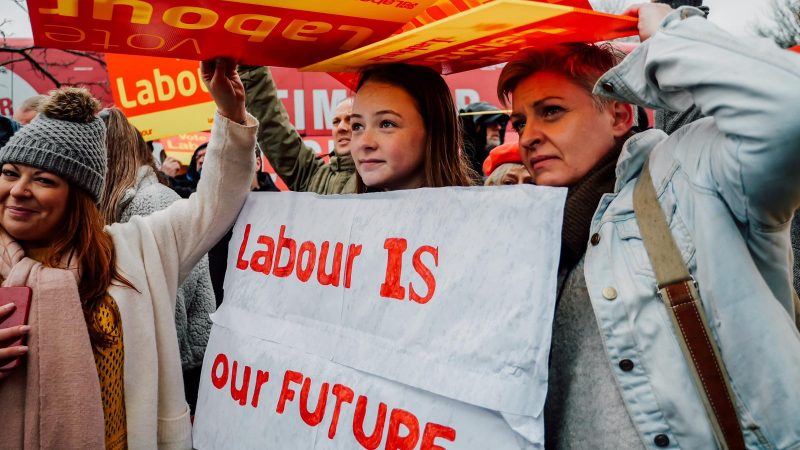
A leaked internal report has suggested that the Labour Party is bracing for “one of its worst” results in the upcoming local elections later this year.
The public will head to the polls in May this year to vote for their council representatives in 118 local authorities, as well as 36 police and crime commissioners and eight directly-elected mayors.
An internal party document passed to the BBC indicated that the party was preparing to lose control of a number of currently Labour-held councils across the country.
Based on the general election result, the analysis predicts a “bounce in the polls for the Tories” and says “we fully expect to lose hard-working councillors”.
The research produced three separate models using varying polling methodology. In the worst-case scenario predicted, the party loses control of nine councils.
In every model, Plymouth, Harlow in Essex, Amber Valley in Derbyshire and West Lancashire are lost. Labour loses Southampton in two and in one, Labour loses Sheffield.
The only gains that the party is predicted to make are the Wirral and Burnley, where Labour is already the biggest party in a council with no overall control.
A spokesperson for the Labour Party said: “We recognise the scale of the challenge we face on May 7th and we will be fighting for every vote in the local elections.”
The document does note that, given that Labour will have a new leader by the time of the elections, “there may be changes in the level of support for the major parties”.
The local elections will be the first challenge for the new Labour leader, and they will have little over a month in the position before polling day.
Voting is taking place to decide whether Keir Starmer, Lisa Nandy or Rebecca Long-Bailey will replace Jeremy Corbyn, and the result will be announced on April 4th.




More from LabourList
‘Ukraine is Europe’s frontier – and Labour must stay resolute in its defence’
Vast majority of Labour members back defence spending boost and NATO membership – poll
‘Bold action, not piecemeal fixes, is the answer to Britain’s housing shortage’